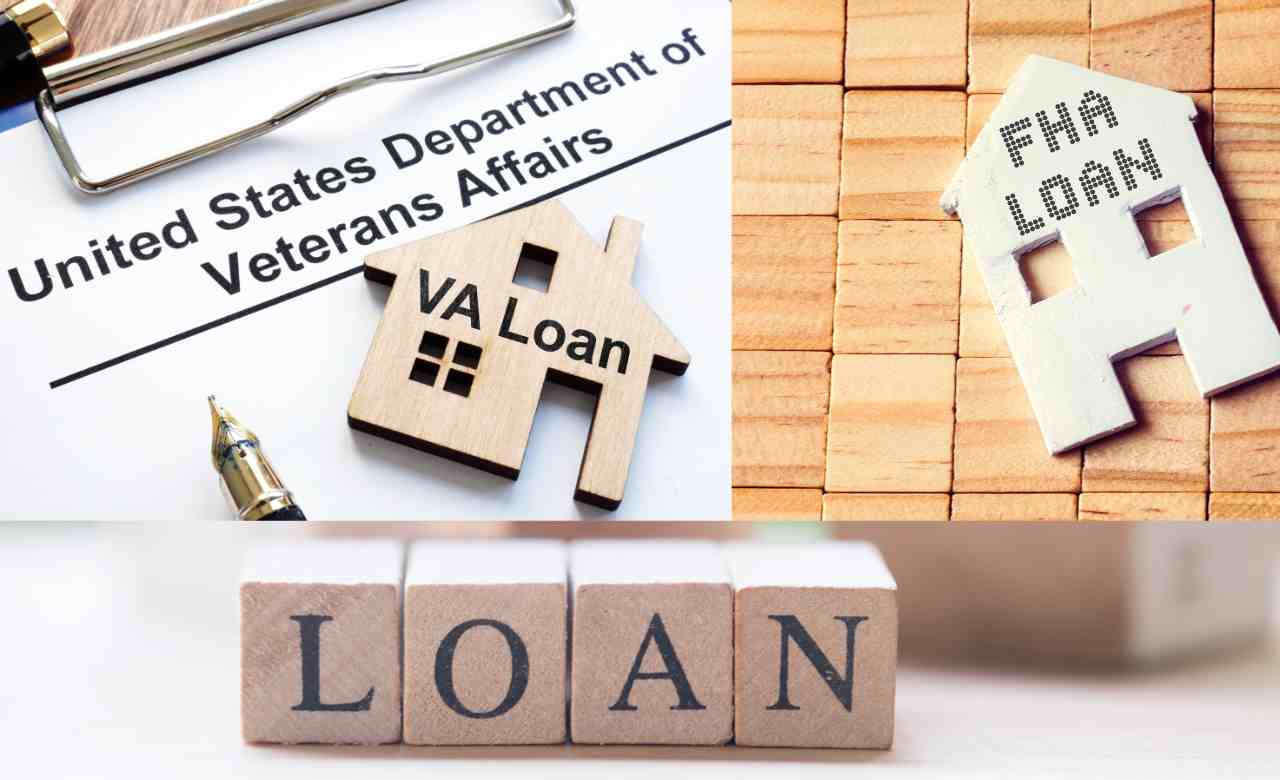Investing in real estate can be a lucrative venture, and many people choose to purchase investment properties to build wealth and generate passive income. However, buying an investment property often requires significant financial resources, and not everyone can afford to pay for it outright. This is where investment property loans come into play.
In this comprehensive guide, we will explore the process of obtaining a loan on your investment property in the USA. We’ll cover various types of loans, eligibility criteria, the application process, and essential tips to increase your chances of loan approval. So let’s dive in and learn how to secure the financing you need to make your real estate investment dreams a reality.
Assessing Your Financial Position
Before applying for an investment property loan, it’s crucial to assess your financial standing. Lenders will consider several factors when evaluating your eligibility, including your credit score and debt-to-income ratio. A higher credit score and a lower debt-to-income ratio will increase your chances of securing a favorable loan.
Types of Investment Property Loans
There are different types of investment property loans available, each with its own set of terms and conditions. Conventional loans, offered by traditional banks and mortgage lenders, usually require higher credit scores and down payments. FHA loans and VA loans come with government-backed benefits, while portfolio loans are more flexible and cater to borrowers with unique financial situations.
Conventional Loans:
Conventional loans are one of the most common types of investment property loans and are offered by traditional banks and mortgage lenders. These loans typically come with fixed or adjustable interest rates and require a higher credit score and a larger down payment compared to other loan options. They are ideal for investors with strong financial profiles and substantial initial investments.
FHA Loans:
FHA (Federal Housing Administration) loans are government-backed loans that are accessible to both first-time homebuyers and real estate investors. These loans often have more lenient credit scores and down payment requirements, making them more accessible to a broader range of borrowers. However, there are limits on the loan amount, and the property must meet certain criteria to qualify for an FHA loan.
VA Loans:
VA (Veterans Affairs) loans are exclusively available to eligible veterans, active-duty service members, and their surviving spouses. The VA guarantees these loans and offers attractive terms, including zero down payment options and competitive interest rates. VA loans are an excellent choice for qualified military personnel looking to invest in real estate.
Portfolio Loans:
Portfolio loans are a type of investment property loan offered by smaller banks or credit unions. Unlike conventional loans that adhere to strict guidelines set by secondary mortgage market institutions, portfolio loans are kept in the lender’s portfolio. This gives lenders more flexibility in developing their own terms, making them suitable for borrowers with unique financial situations or unconventional properties.
Investors should carefully evaluate their financial situation and investment goals to determine the most suitable type of investment property loan. Each loan option has its advantages and considerations, so conducting thorough research and seeking advice from a qualified mortgage professional is essential to make an informed decision.
Researching Lenders and Loan Options
It’s essential to explore various lenders and loan options to find the best fit for your investment goals. Local banks and credit unions may offer competitive rates, while online lending platforms provide convenience and accessibility. Comparing interest rates, terms, and closing costs will help you make an informed decision.
Preparing Your Investment Property
Before applying for a loan, ensure your investment property is in good shape. Evaluate its value and potential rental income, as lenders may consider these factors when determining loan amounts. Consider making renovations and improvements to increase the property’s value and chances of loan approval.
Understanding Loan-to-Value Ratio
Loan-to-Value (LTV) ratio is a crucial factor in obtaining an investment property loan. LTV represents the loan amount compared to the property’s appraised value. Lenders typically prefer lower LTV ratios, as it reduces their risk. You can improve your LTV ratio by making a higher down payment or increasing the property’s value through renovations.
Gathering Essential Documents
To apply for an investment property loan, you’ll need to provide essential documents. These may include personal identification, financial records, proof of property ownership, and income verification. Having these documents ready will streamline the application process and increase your chances of loan approval.
The Loan Application Process
Once you have gathered all the necessary documents, you can begin the loan application process. Complete the loan application form with accurate information, as any discrepancies may delay the approval process. Submit the application to the lender, and be prepared for additional requests for verification.
Loan Processing and Underwriting
After submitting your application, the lender will initiate the loan processing and underwriting phase. This involves verifying your financial details, appraising the property, and conducting a credit check. The lender will assess the risk associated with the loan and determine whether to approve or reject your application.
Closing the Deal
If your loan application is approved, you will move on to the closing stage. During this process, you will review and sign the loan documents. Additionally, you may have the opportunity to negotiate certain loan terms and conditions. Be prepared for closing costs and fees associated with the loan.
FAQs: Investment Property Loans
What are investment property loans?
Investment property loans are financial products designed to help individuals purchase residential or commercial properties for investment purposes, such as renting them out or selling for profit.
Can I get an investment property loan with bad credit?
While it may be more challenging to obtain an investment property loan with bad credit, some lenders offer loan programs for borrowers with lower credit scores. You may need to pay a higher interest rate or make a larger down payment.
What is the minimum down payment required for investment property loans?
The minimum down payment for an investment property loan typically ranges from 15% to 25% of the property’s purchase price, depending on the loan type and lender’s requirements.
Are investment property loan interest rates higher than primary residence loans?
Yes, investment property loan interest rates are usually higher than those for primary residence loans. Lenders view investment properties as riskier, leading to higher interest rates.
Can I use rental income to qualify for the loan?
Yes, rental income from the investment property can be used to qualify for the loan. Lenders may consider a portion of the rental income when calculating your debt-to-income ratio.
Conclusion
Securing a loan for your investment property is a significant step towards achieving your real estate investment goals. By understanding the loan application process, researching lenders, and preparing your property, you can increase your chances of obtaining the financing you need. Remember to explore various loan options, compare interest rates, and maintain a healthy financial profile to achieve success in your investment journey. Happy investing!


